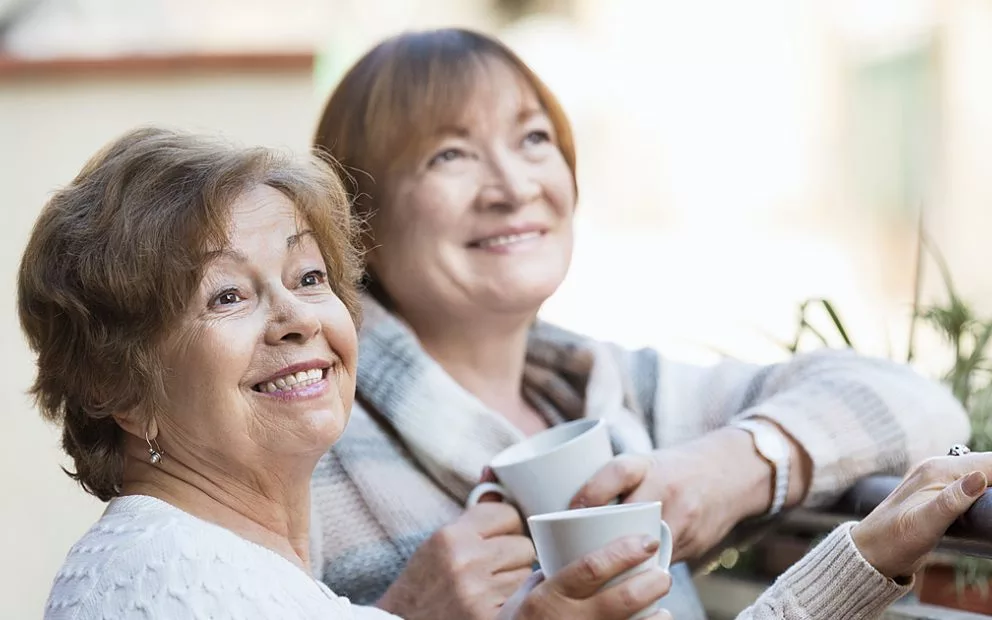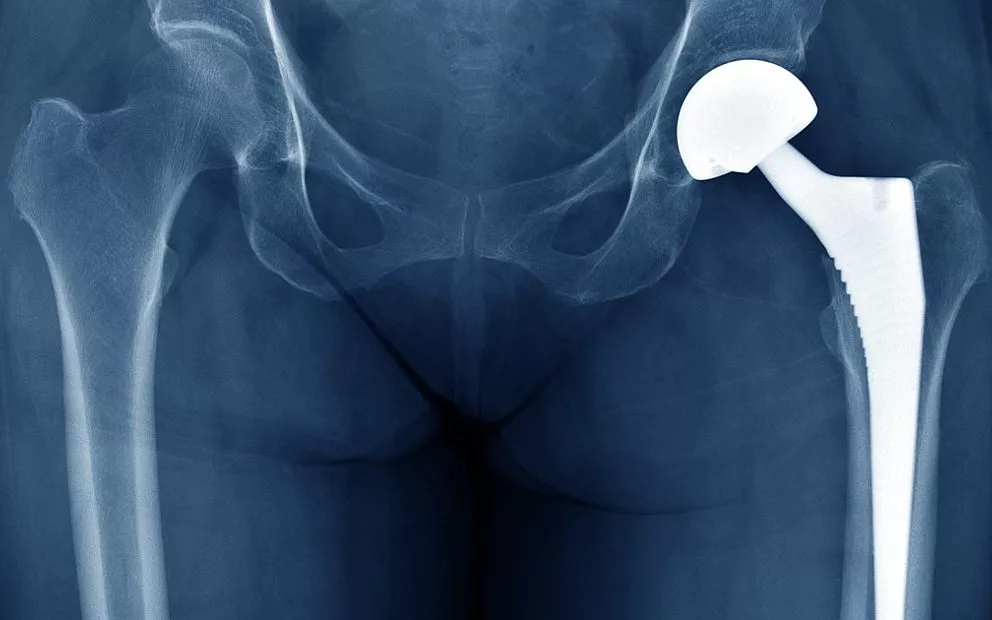The Registry of Senior Australians (ROSA) is extending its efforts to deliver research with impact, by working closely with the community of older Australians it serves.
ROSA has recently teamed up with partner organisation, The Council on the Ageing South Australia (COTA SA) to investigate how older Australians receive and react to news about research findings through a survey of those living inside and outside aged care.
ROSA Project Manager, Dr Sarah Bray, said it’s crucial that ROSA understands the needs of older Australians in order to effectively communicate the results of the research which is based on information routinely collected as older people navigate the health and aged care sectors.
“It’s essential that this information reaches the people who can benefit from it and that it’s communicated in a way that empowers older people and their carers to seek out the best evidence-based health care available,” Dr Bray said.
“We made use of COTA SA’s network of older people to ensure the results of this survey can be broadly applied so we get the full picture.”
COTA SA General Manager and Head of The Plug-in, Miranda Starke said COTA SA and The Plug-in were delighted to work with ROSA on this project.
“The Plug-in works with a wide range of organisations that want to work in partnership with people aged 50 or older and we’ve been thrilled to see the project results put into action so quickly,” Mrs Starke said.
The Plug-in survey found:
- 95% of older people living in the community are interested in hearing about health research findings.
- 71% of those living in aged care are eager to engage with it.
- For those living outside of aged care, newspapers were found to be the most popular medium for receiving information, followed by newsletters and emails from individual aged care and health advocacy organisations relevant to them, TV, radio and lastly via friends and family.
- The majority said they actively seek out further details after finding out about research that interests them.
- People living in aged care homes rely on TV news and their GP for information and are much less likely to follow it up.
- Overall, 80% of respondents said the media is their primary source of information, but trusted GPs were the clear second preference.
“This work is reinforcing the importance of GPs as the link between health care and aged care that many older people turn to and trust to keep them up to date on the latest research findings relevant to them” Dr Bray said.
Respondents wanted stories in the media to have clear, positive headlines and content that explains why the findings are important to them and what action they can take next.
Above all the information needs to be from a reliable source, relevant to the person or their family and easy to understand.
“We already regularly seek input from members of the ROSA Consumer and Community advisory committee on our research and in preparing stories for the media, and this survey undertaken by The Plug-in team has reassured us that we’re on the right track and also provided valuable new tips that will inform how we communicate the results of our studies in future.” Dr Bray said.
Watch the video for more details about ROSA and the results of The Plug-in survey.



